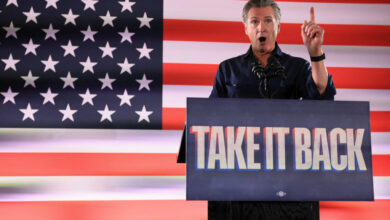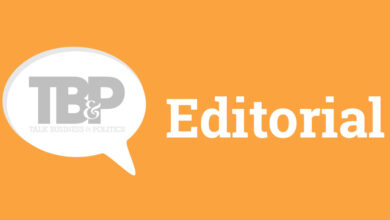Politicians’ Theories of Voting Behavior –

Politicians’ Theories of Voting Behavior
By Jack Lucas, University of Calgary, Lior Sheffer, Tel Aviv University, Peter John Loewen, Cornell University, Stefaan Walgrave, University of Antwerp, Karolin Soontjens, University of Antwerp, Eran Amsalem, Hebrew University of Jerusalem, Stefanie Bailer, University of Basel, Nathalie Brack, Université Libre de Bruxelles, Christian Breunig, University of Konstanz, Pirmin Bundi, University of Lausanne, Linda Coufal, Charles University, Patrick Dumont, Australian National University, Sarah Lachance, University of Calgary, Miguel M. Pereira, London School of Economics and Political Science, Mikael Persson, University of Gothenburg, Sweden, Jean-Benoit Pilet, Université Libre de Bruxelles, Anne Rasmussen, King’s College London and University of Copenhagen, Maj-Britt Sterba, University of Konstanz, and Frédéric Varone, University of Geneva
While political scientists regularly engage in spirited theoretical debates about elections and voting behavior, few have noticed that elected politicians also have theories of elections and voting. Here, we investigate politicians’ positions on eight central theoretical debates in the area of elections and voting behavior and compare politicians’ theories to those held by ordinary citizens. Using data from face-to-face interviews with nearly one thousand politicians in 11 countries, together with corresponding surveys of more than twelve thousand citizens, we show that politicians overwhelmingly hold thin, minimalist, “democratic realist” theories of voting, while citizens’ theories are more optimistic and policy oriented. Politicians’ theoretical tendencies—along with their theoretical misalignment from citizens—are remarkably consistent across countries. These theories are likely to have important consequences for how politicians’ campaign, communicate with the public, think about public policy, and represent their constituents.
Credit: Source link






